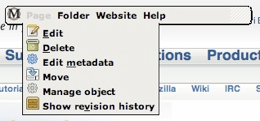
As initially instigated by Tuomas and later prepared by Joonas, Midgard has now switched to the Tango icons and colors. This helps to modernize the look-and-feel and make it more consistent across components.
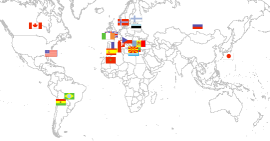
GeoNames is a very cool repository of open content geographical information. From the site:
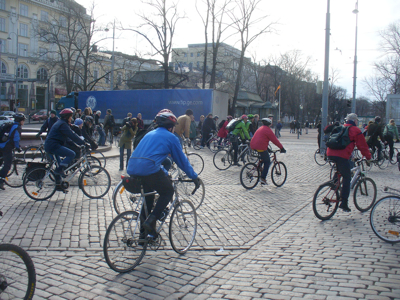
I’ve written earlier how open data availability could promote public transportation. Openly available public transport schedule and route information would enable small businesses and other innovators to build new kinds of consumer route planning services. These new services in turn would help to make it easier to leave the car home and choose more sustainable transport options.
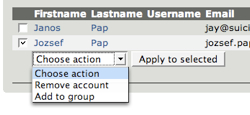
In past there have been two types of user management tools for Midgard: the built-in ones that have supplied lists of users, and then custom-made ones. With former the problem has been that when you have thousands of users the HTML views become slow to load and near impossible to use.
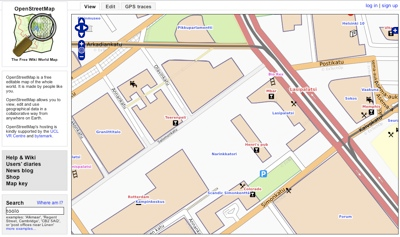
OpenStreetMap is a project for collaboratively creating open content digital maps of the world. It follows a Wikipedia-like model where interested contributors can go out with GPS receivers, and then turn those track logs into usable map content. And like Wikipedia, it is exploding in the amount of content and quality.

Quim wrote earlier on why red hearts matter in maemo news. The red hearts are important as they bring important news items forward in the maemo social news aggregator. But sometimes there are also news items that are not at all relevant to the maemo community. To solve the problem with them we’ve now added a burying option:
CouchDB is a very interesting evolution in open source data storage: an ad-hoc document database with replication support. I heard the first time about CouchDB when Jan Lehnardt was presenting it in FrOSCon a month ago, and became immediately very interested.
Column Two has an interesting post titled What does a web CMS do? with a table listing features that are integral to a web CMS, and what can be handled separately.
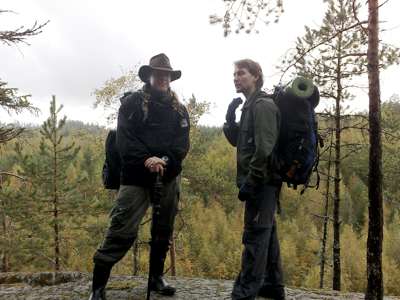
The “ruska season” has now started and so we decided to go hiking in the Evo area last weekend.
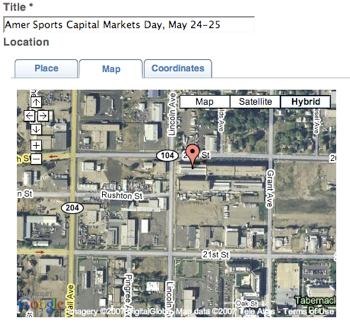
Midgard has had quite cool GeoCMS features for a while now: any objects can be positioned and retrieved via position, and maps are easy to display anywhere. We also can use cool services like Plazes for automatically positioning new content created by users.








